Messenger RNAs with multiple “tails” could lead to more effective therapeutics
Broad Institute
MARCH 22, 2024
Messenger RNAs with multiple “tails” could lead to more effective therapeutics By Corie Lok March 22, 2024 Breadcrumb Home Messenger RNAs with multiple “tails” could lead to more effective therapeutics Scientists have engineered long lasting mRNAs that increased therapeutic protein production in cells and animals. and Virginia W.

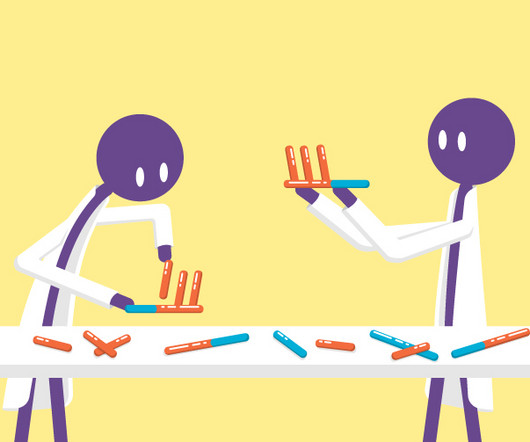

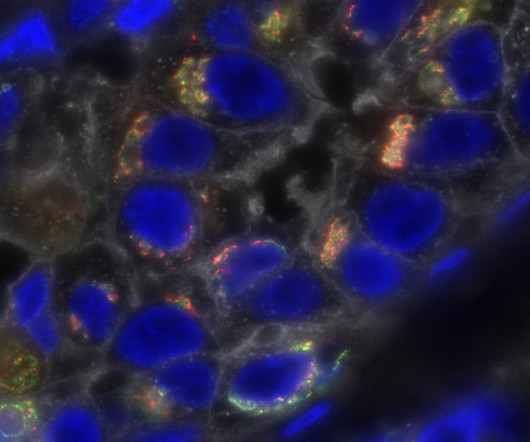

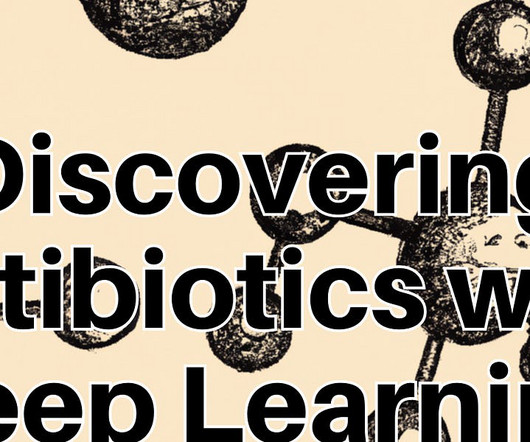
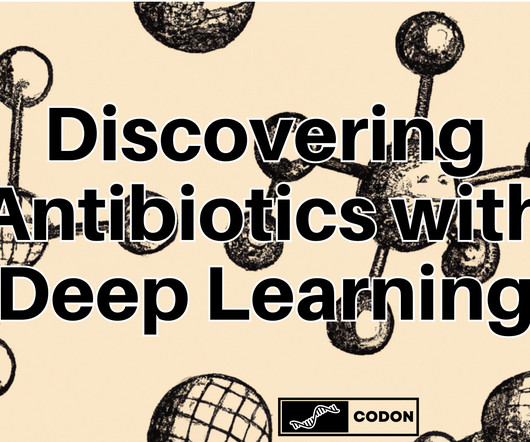
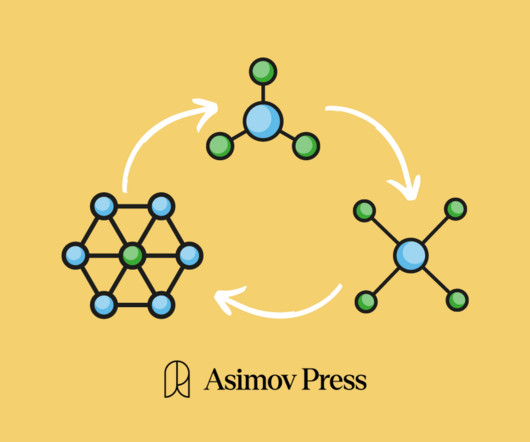
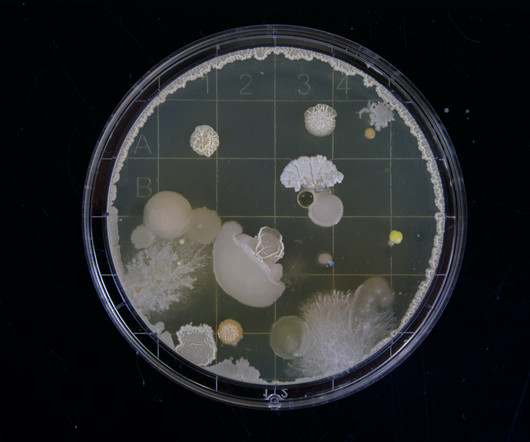



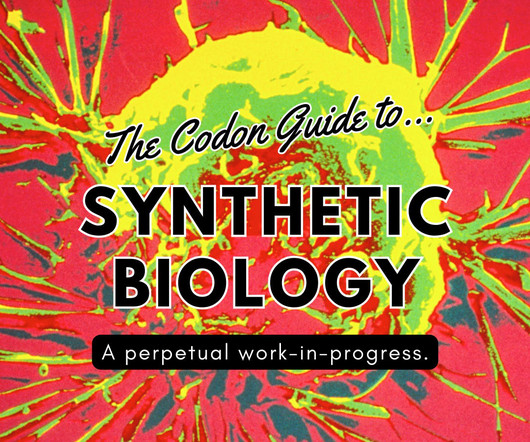







Let's personalize your content